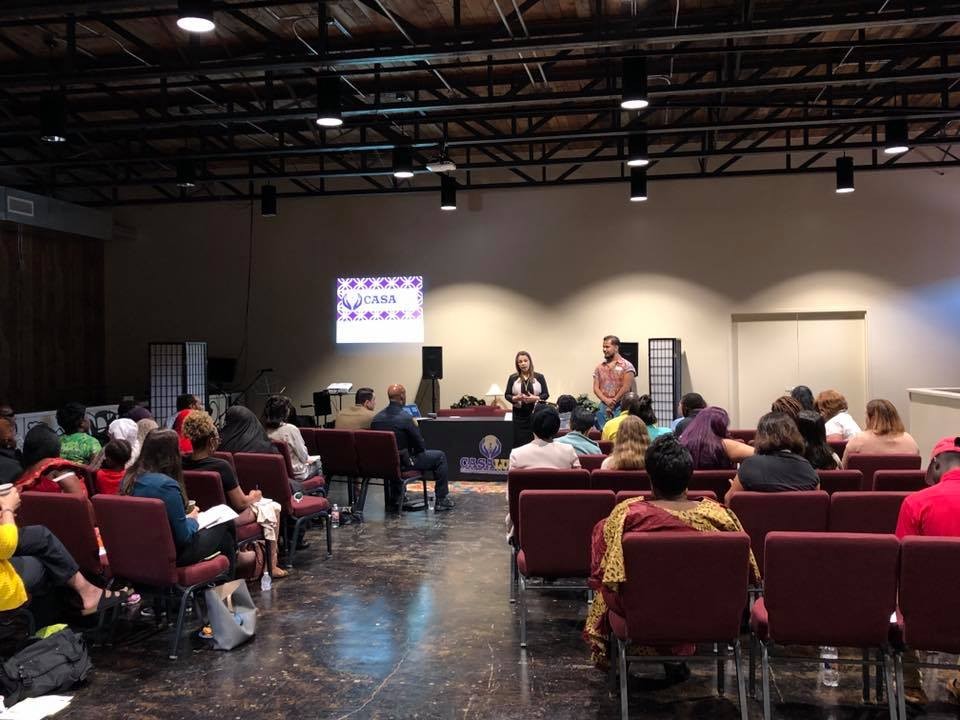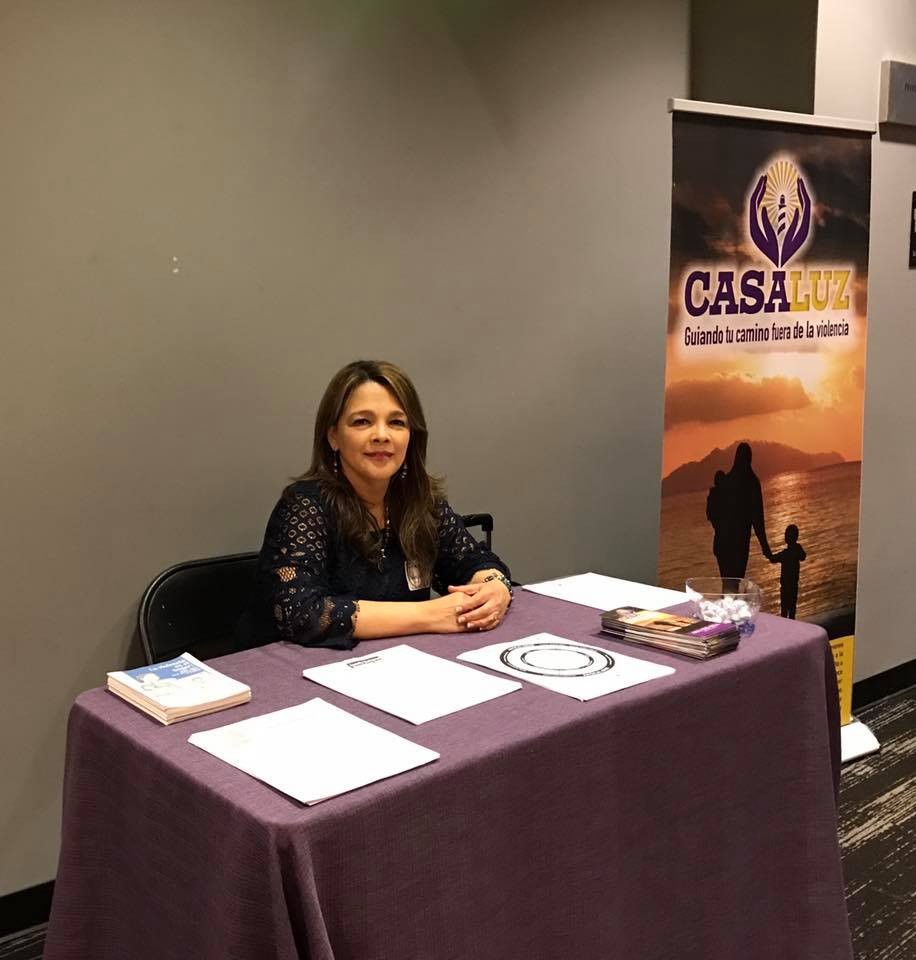 Latino Memphis
Latino Memphis
A group of Latino-serving organizations across the state sent a letter to Tennessee Gov. Bill Lee and local governments Wednesday asking for protection and resources for the immigrant community amid the coronavirus pandemic.
Signed by 18 groups, including four based in Memphis, the letter urged officials to address the COVID-19 pandemic and the disproportionate effects it is having on the Latino community.
In Shelby County, 25 percent of those testing positive are Latino, who comprise 6.5 percent of the county’s population. In Nashville and Knoxville, one-third of COVID-19 positive individuals are Latino, and in Chattanooga Latinos account for 68 percent of current cases.
“We need a robust plan and response from our local elected leaders to curb the rate of infections and save lives,” the letter reads. “We also need a focused and targeted response to reach communities most impacted by the pandemic and ensure that no one is left behind. We are only as healthy and safe as the most vulnerable members of our community.”
[pullquote-1]
Groups based in Memphis that signed the letter include the Mid-South Immigration Advocates, Latino Memphis, CasaLuz, and Memphis Wesley Foundation.
The letter specifically asks the government to take the following steps:
• Invest in community health workers and case management programs: “We know that Latino families face many barriers when seeking care and effectively quarantining after testing positive. We need to scale up the effective models like community health workers to include more Spanish-speaking staff members across the state.”
• Support effective quarantine to slow the spread: “Latino families often live in multi-generational households, and effective quarantine is difficult with limited space. Governments can mitigate the problem by providing alternative accommodation for COVID-19 positive individuals, such as hotels, until it is safe to reunite with families.”
• Partner with the organizations to organize targeted testing: “Agencies should coordinate with and support immigrant-serving organizations to offer testing at well-known, central and accessible locations and ensure that critical information is disseminated widely and reaches all communities.”
• Include immigrants, regardless of immigration status, in care and economic relief:
“Immigrant families have been largely left out of federal efforts to provide care and relief in response to COVID-19. While the state and local governments have worked to offer testing to all, regardless of immigration status, we need robust economic stimulus programs to help families make ends meet without putting themselves or their communities at risk.”
• Issue clear COVID-19 workplace health and safety regulations and hold employers
accountable: “Media reports have also shown many Latino essential workers continue to be exposed to the virus at their workplace, putting their families and communities at risk. Our state and local governments must ensure that all employers are implementing the guidance of OSHA and public health experts on how to keep all employees, including immigrants, safe at work.”
• Clarify policies and rebuild trust: “Many Latino immigrant families have come to fear government agencies and places that are meant to keep them safe. Government agencies and health institutions must strengthen and publicize policies to reassure immigrants that accessing care and services won’t result in immigration consequences.”
• Establish Offices for Immigrant Inclusion: “States and municipalities that have Offices for New Americans (also called Offices for Immigrants and Refugees) have been able to swiftly respond to the economical, health, and educational crisis presented by COVID-19. These offices serve as a clearing house, working to ensure consistency of multilingual messages and resources across the state, help to coordinate efforts that lead to more equitable and efficient outcomes, and strengthen local efforts to respond in a timely manner. Many of them have become trusted voices and are now pivoting to focus on resilient recovery. We call on the state and local governments to invest in Offices For Immigrant Inclusion, recognizing that our prosperity as a state is dependent on our ability to support the most vulnerable populations, both during and after this pandemic.”
The groups said the pandemic is compounding obstacles already present in the immigrant community.
The letter continues by saying the pandemic is “an opportunity to recast our vision for an inclusive and equitable society that takes care of everyone, immigrants included. No matter where we’re from or how we got here, we all need access to testing, treatment, resources, and information to care for our families. And in a pandemic situation, an investment to protect the most vulnerable ultimately protects the broader community and hospital system as well.”
Read the full letter below.
[pdf-1]
 Facebook/CasaLuz
Facebook/CasaLuz  CasaLuz
CasaLuz